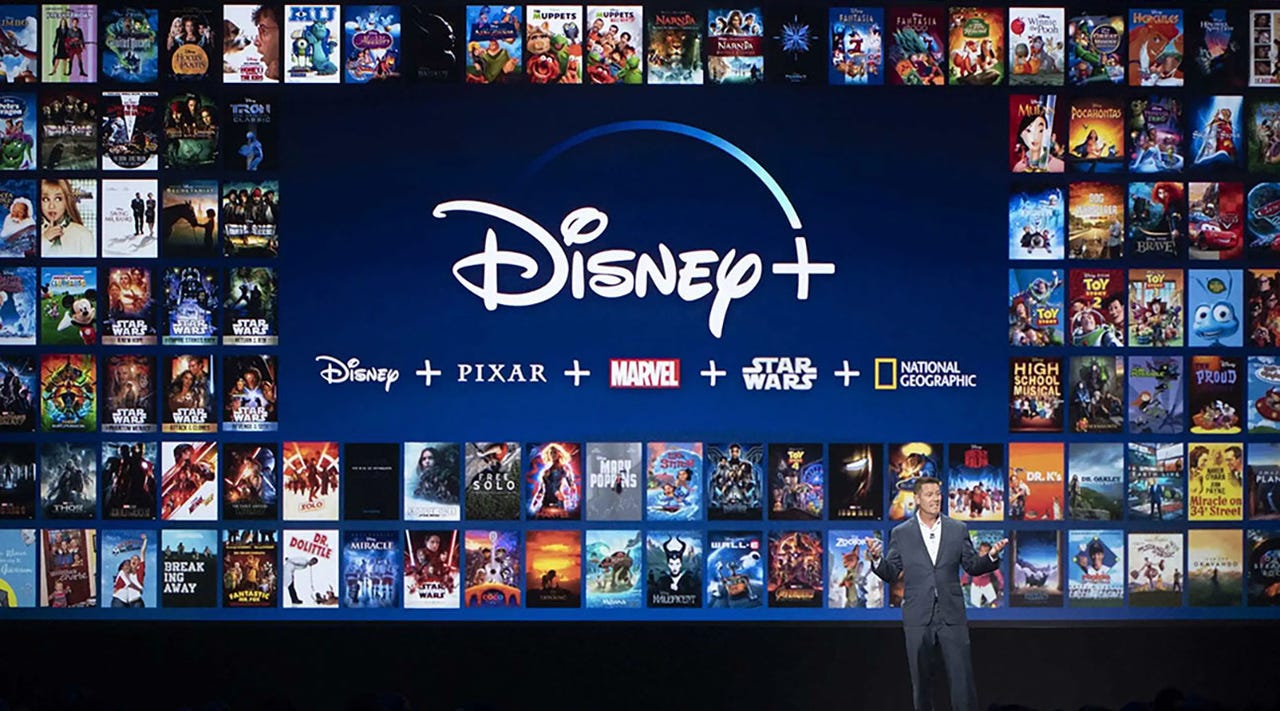'ZDNET Recommends': What exactly does it mean?
ZDNET's recommendations are based on many hours of testing, research, and comparison shopping. We gather data from the best available sources, including vendor and retailer listings as well as other relevant and independent reviews sites. And we pore over customer reviews to find out what matters to real people who already own and use the products and services we’re assessing.
When you click through from our site to a retailer and buy a product or service, we may earn affiliate commissions. This helps support our work, but does not affect what we cover or how, and it does not affect the price you pay. Neither ZDNET nor the author are compensated for these independent reviews. Indeed, we follow strict guidelines that ensure our editorial content is never influenced by advertisers.
ZDNET's editorial team writes on behalf of you, our reader. Our goal is to deliver the most accurate information and the most knowledgeable advice possible in order to help you make smarter buying decisions on tech gear and a wide array of products and services. Our editors thoroughly review and fact-check every article to ensure that our content meets the highest standards. If we have made an error or published misleading information, we will correct or clarify the article. If you see inaccuracies in our content, please report the mistake via this form.
Disney+ password sharing crackdown officially begins

It was just back in August that Disney CEO Bob Iger threatened to follow Netflix's lead and implement a ban on password sharing for the Disney+ streaming service, and it appears that day is now here.
In an email to subscribers in Canada, Disney+ flatly said, "Unless otherwise permitted by your service tier, you may not share your subscription outside of your household." If you do, the announcement read, your account may be limited or terminated. Disney+ clarified what "household" means by calling it "the collection of devices associated with your primary personal residence that are used by the individuals who reside therein."
Also: The best live TV streaming services
It's not clear how exactly Disney+ plans to track people sharing passwords, but the company did note that it was implementing "restrictions on your ability to share your account or login credentials outside of your household." Iger was also vague in August when he said that the company had the "technical capability" to monitor sign-ins but didn't give details. If it's anything like Netflix, it will use a combination of IP address, device ID, and account activity.
A new section called "Account Sharing" in the subscriber agreement also popped up, stating that Disney would analyze the use of accounts to make sure customers were complying.
All of these changes are set to take effect in Canada on Nov. 1, so customers do have a little time to prepare.
After seemingly turning a blind eye for several years towards the practice, Iger finally called it "a real problem" in a call with investors a few months ago. That statement came just after the service announced another price hike that doubled the cost to where it started in 2019 and after an announcement the service was losing customers.
Also: Hulu's streaming bundle prices are going up again. Here's why I chose YouTubeTV
If that seems a little contradictory, note that the password-sharing crackdown paid big dividends for Netflix as it saw a record number of new signups.
Netflix does actually let people share their password depending on the tier they've subscribed to, with the highest tier letting two additional people on board and the lowest getting none. Disney+ hasn't made any announcements about a similar plan, but the verbiage of "Unless otherwise permitted by your service tier" does hint at that.
To date, there's been nothing about the ban actually being implemented in the US. But if it's happening in Canada, it's almost certainly headed to the US soon. The question is, will it work for Disney like it did for Netflix?
